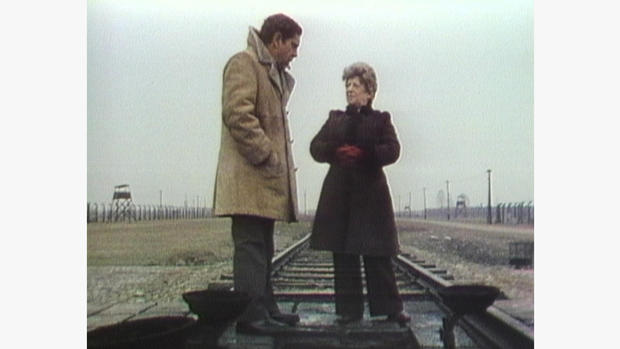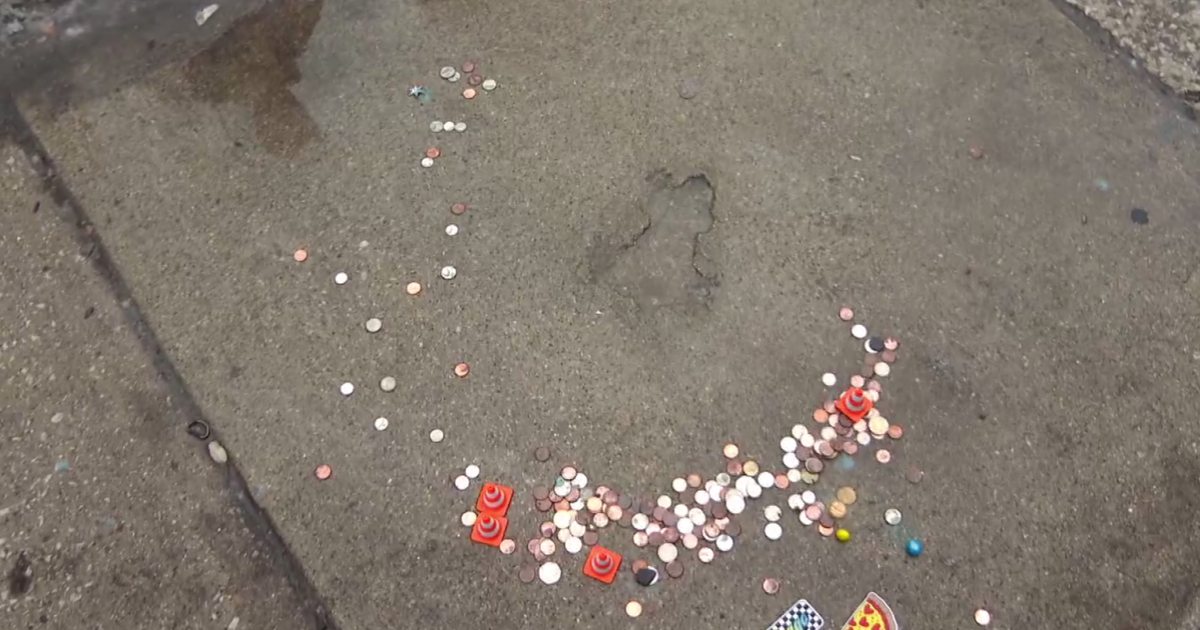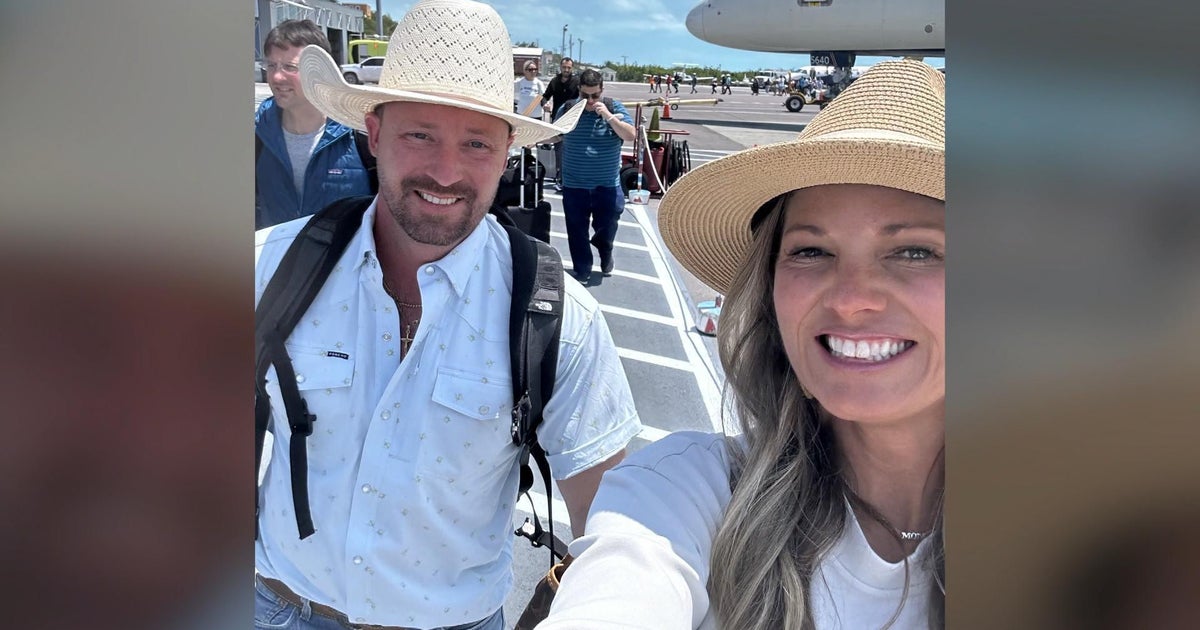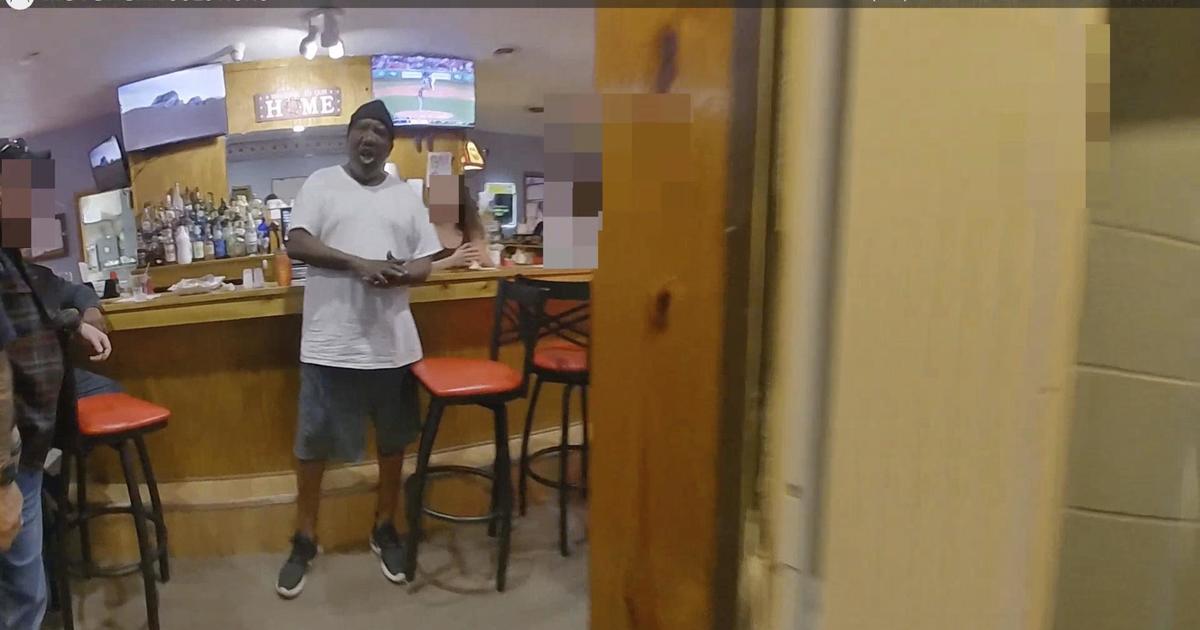The Auschwitz liberation at 75: Remembering the camp's atrocities
On January 27, 1945, soldiers in the Soviet Red Army opened the front gates at the Auschwitz death camp in Nazi-occupied Poland and liberated its prisoners. In the ensuing 75 years, the ruins beyond that entrance have endured as a symbol of the Holocaust, a reminder of its outsized brutality—and a permanent grave for at least 1.1 million of its victims.
In 1978, 60 Minutes correspondent Morley Safer attempted to capture magnitude of the death camp in a report that featured rare wartime footage.
"The subject's almost too big to report, too ugly to understand," he said.
To convey the tragedy of Auschwitz-Birkenau, Safer whittled it down to the story of one of its survivors: Fania Fenelon, a classically trained singer who had been active in the French resistance.
While at the camp, Fenelon became a member of the women's orchestra. Formed of inmates, the group played classical music meant to sedate new arrivals and provide rhythm to the prisoners as they worked. It also gave relief to the German guards after long days spent killing thousands.
Fenelon recalled once performing for prisoners who were immediately sent to the gas chambers after the concert. Strains of Beethoven, Schubert, and Schumann drifted through the camp among ashes from the crematoria's chimneys. It was a cruel juxtaposition of arias amid atrocities.
"I remember singing 'Madame Butterfly' at three o'clock in the morning for a bunch of S.S. who were very tired of killing people," Fenelon said.
At the time of Safer's report, it was thought that four million prisoners had died at Auschwitz-Birkenau. Polish officials have since lowered the official death toll. What has not changed is Fenelon's story of survival.
Eventually relocated to the Bergen-Belsen camp, Fenelon said she sang the French and British national anthems on the day she was liberated.
"And then we left, came back to life," she told Safer. "Those who could."





